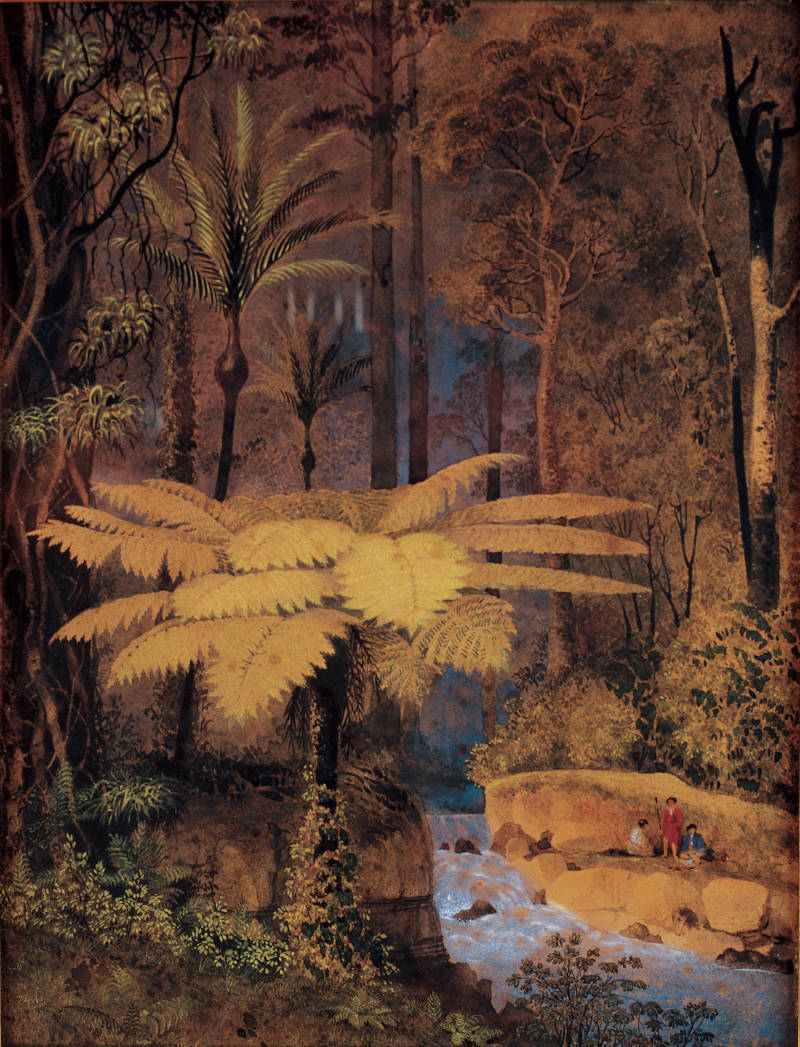Born in France, where his father was a merchant and British consul in Bordeaux, Bell grew up bilingually, educated in the classics and in painting and music. Such an education was considered the basis for the life of a cultivated gentleman. In 1839, Edward Gibbon Wakefield, his father’s cousin, found the young Bell a position with the New Zealand Company in London. By 1841, he was acting secretary for the company, taking responsibility for the Whakatū Nelson area.
Bell arrived in Aotearoa in 1843, where he was sent to buy land from Māori, first in Tāmaki Makaurau and then in Whakatū. In 1847, he was involved in Wairarapa purchases and thereafter worked for the company in Ngāmotu New Plymouth. In 1850, when the New Zealand Company folded, Sir George Grey appointed him Commissioner of Crown Lands and a member of the Legislative Council. In 1853, he was elected to the Wellington Provincial Council and in 1855 won a seat in the House of Representatives.
A fluent Māori speaker, and more experienced in Māori affairs than most of his contemporaries, Bell became Minister of Native Affairs in the Domett administration in 1862. He supported the invasion of the Waikato in 1863, visiting Australia to recruit military settlers. When Domett’s administration was replaced by that of Sir William Fox, a former rival, Bell retired to his sheep station near Palmerston, Otago.
In 1871, Bell was returned to Parliament in the Mataura seat, which he had held since 1866. Knighted in 1873, he served as speaker of the House of Representatives until 1875. He retired in Otago in 1891.
A more extensive biography is available on Te Ara The Encyclopedia of New Zealand.



